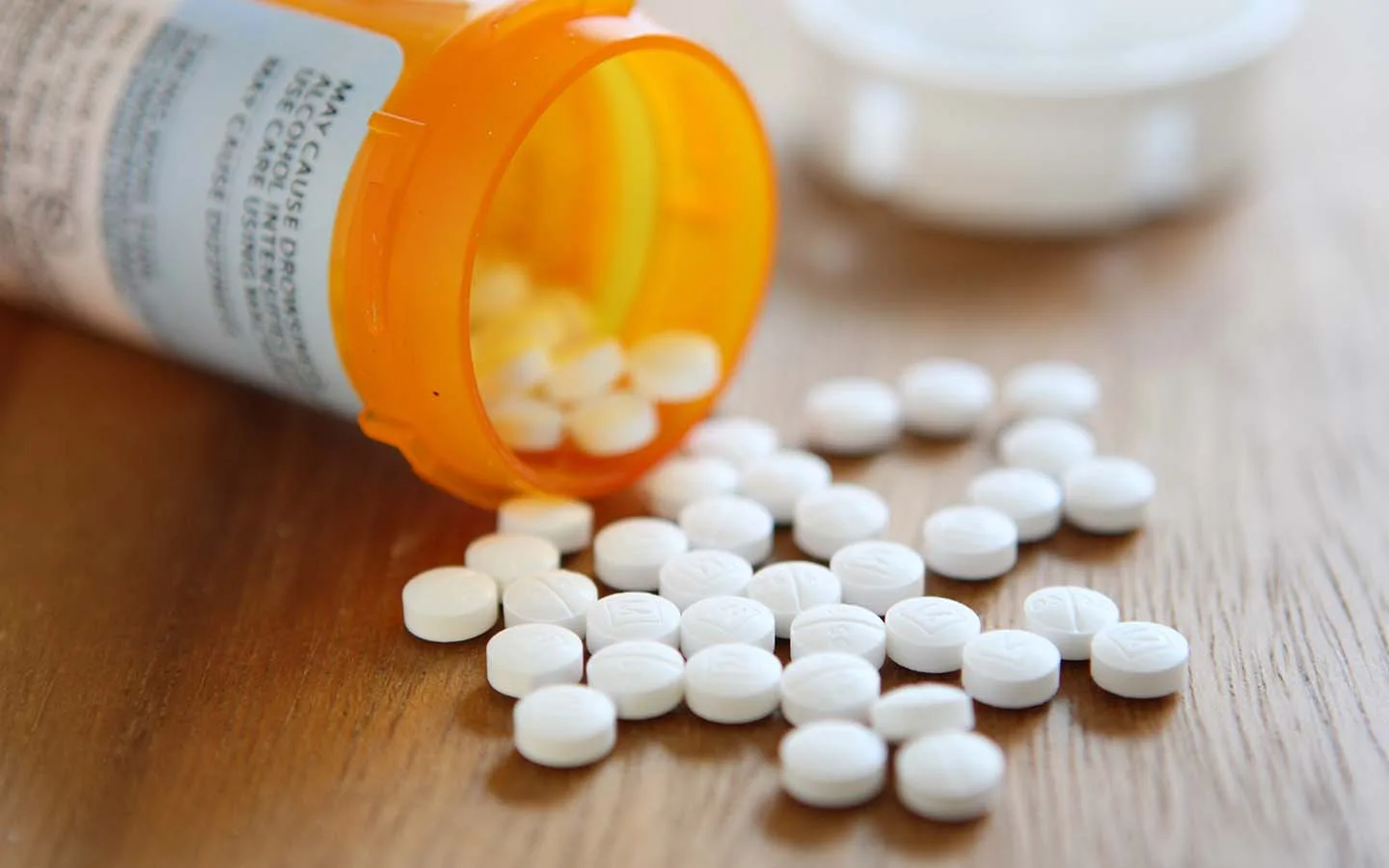

Substance Use Disorder vs. Addiction
Substance use disorder and addiction are serious conditions that can significantly impact a person’s life. But while they seem similar at first glance, these terms are not interchangeable.
Distinguishing between each condition helps build awareness and facilitate effective treatment. Here’s what you should know about substance use disorder vs. addiction.

Defining Substance Abuse Disorder
Substance abuse is essentially the use of illicit substances or the misuse of legal substances such as medication or alcohol. A substance use disorder (SUD) involves the uncontrolled use of these substances despite negative consequences.
Those with SUD tend to place their focus on a single substance. The condition is classified in terms of mild, moderate, and severe, with mild cases sometimes disguised as casual and often social use.

Understanding Addiction
Addiction is a state of dependence on a certain substance. This dependence can be both psychological and physical, making a person feel physically or mentally ill if their craving is unsated. The condition targets the brain’s reward center, altering its functionality.
Those with addictions tend to experience withdrawal symptoms when they don’t have access to the substance in question. The term is often applied to behavioral disorders — gambling and internet addictions, for example.
Key Similarities and Differences
Both SUD and addiction involve substance dependence, whether it’s physical, psychological, or both. Because substance use disorder can vary in severity, it is often mistaken as casual use. Addiction, on the other hand, is compulsive and unlikely to appear recreational.
Addiction is commonly thought of as a severe form of substance use disorder. Those with a mild or moderate case of SUD may have a lower capacity for the substance, while those with addiction typically have a higher tolerance and severe withdrawal symptoms if their cravings are not met.

Diagnostic Criteria and Assessment
The American Psychiatric Association’s Diagnostic and Statistical Manual of Mental Disorders (DSM) outlines the diagnostic criteria for SUD. These criteria include:
-
- Unsuccessful attempts to reduce substance use
- Strong cravings for the substance
- Continued substance use despite negative consequences
- Substance use that leads to relationship damage
- Withdrawal symptoms when the substance is not taken
The number of criteria met determines the severity of the condition — three or fewer is a mild case, while six or more is severe.
While “addiction” does not appear in the DSM, it is typically characterized by compulsive seeking and use of substances that can have long-term effects on the brain. Addiction blurs the line between physical and mental illness, but it can be just as damaging as a severe case of SUD.
Risk Factors and Causes
SUD and addiction share many of the same risk factors. These include:
-
- Use of drugs and alcohol at a young age
- History of trauma or neglect
- Low socioeconomic status
- High availability of substances
- Existing mental health conditions (such as depression or anxiety)
- Sudden life changes, such as a breakup or job loss
A person with family members who also suffer from SUD or addiction is more likely to experience it. Genetics can also be a determining factor, making someone more predisposed to the conditions.

Neurobiology of Addiction
The brain’s reward system is designed to promote positive behaviors such as eating and drinking. But substance misuse can rewire this system, triggering an overwhelmingly positive response and tricking the brain into reinforcing the behavior.
Over time, the brain will develop positive associations with the substance, even if it causes physical and mental harm. This cycle promotes compulsive behavior, meaning the person in question is often physically unable to break the habit without help.
Impact on Health and Well-Being
Both addiction and SUD can impact a person’s well-being. These afflictions can make it difficult to maintain relationships or keep up with work, often leading to isolation and financial instability. They also tend to absorb so much time and energy that life becomes an endless spiral of satisfying cravings.
In terms of health, addiction and SUD can cause insomnia, high blood pressure, heart disease, and other health conditions. They may also exacerbate existing conditions, including mental illnesses like depression and anxiety.

Substance Use Disorder Treatment Approaches
Treatment for SUD can vary depending on its severity. It often consists of a detoxification period, followed by behavioral therapies. Some people may also benefit from medication-assisted therapy. Both inpatient and outpatient treatments are available based on individual needs.
Addiction treatment is often complex, requiring a multidisciplinary approach. This can mean detox, therapy, and even aftercare to help a person regain control over their life.
Recovery Journey
Recovery from addiction or SUD can be a long but positive journey. After undergoing treatment, the focus shifts toward rebuilding relationships and rediscovering joy outside of substance abuse.
During this stage, it’s important to set practical goals to monitor and sustain success. While the challenges of staying sober can seem unbearable at times, it’s important to acknowledge each day as an achievement.
Societal Perceptions and Stigma
Addiction is often used as a catch-all term for substance misuse and its related disorders. For that reason, society’s perception of it can be negative. In reality, addiction is a complex condition that fundamentally alters the brain’s functionality. Just like SUD, addiction has unique effects and requires attentive care to treat.
The stigma surrounding addiction may discourage people from getting help when they need it. But as public awareness deepens, it becomes easier to seek support.

Prevention and Education
Raising awareness of addiction and SUD starts with a well-rounded education. Being transparent about the effects of these conditions can encourage the public to spot the signs of them when they arise.
Prevention is one of the most effective ways to put an end to addiction. This can mean using substances responsibly and checking in with friends and family who may be at risk.
Seeking Help and Support
If you think you may be suffering from SUD or addiction, it’s never too late to find support. Reaching out for help is a powerful step forward, and it shows that you have the strength to fight back against substance abuse.
Talking to a therapist, a doctor, or even a substance abuse helpline can set you on the path toward recovery. Contacting a treatment center in your area is also a good way to get help from a team trained to provide it.

Learn More About Our West Palm Beach, FL, Rehab & Mental Health Programs
Substance use disorder and addiction tend to overlap, but they differ in key ways that affect the recovery process. At Beachway, we understand how hard it can be to live each day with either condition. So, we’ve dedicated ourselves to providing people with the treatment they need to get their lives back on track.
It’s never too late to get help for substance abuse. Reach out to us today to get started.


